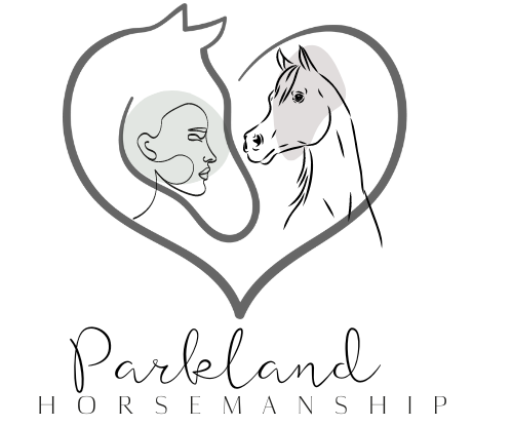Equine Assisted Learning is an integrative wellness approach to mental health, learning, and healing through horses. Also referred to as Equine Facilitated Psychotherapy (EFP), Hippotherapy or Interactive Vaulting.
Horse is at the core of all these terms as its primary tool provides benefits.
The Evolution of EAL
EAL uses horses as teachers and healers to help people learn, grow, and overcome challenges. Neuroscience evidence shows that working with horses can reduce stress levels while improving both mental and physical health by stimulating bonding hormones such as oxytocin.
EAL can be done either individually or as part of a group and involves horsemanship, equine science and social skills training with highly intuitive horses in a safe, non-threatening environment. Facilitated by licensed therapists or Equine Specialists (ES), it involves activities on the ground using very intuitive horses for activities on land that facilitate learning.
Ruttencutter and Warner developed their program at Virginia State University (VSU) to encourage its students to set personal goals, work as part of a team towards reaching those goals, reflect upon how their actions may have an impact on others and consider past experiences that have had an influence. One student was especially moved by seeing an animal demonstrate forgiveness during a barn day exercise; their performance allowed her to comprehend its importance in her life.
Horses as Therapy Animals
Horses have long been revered for their physical, emotional, and mental healing powers. Florence Nightingale famously included companion animals–specifically dogs and horses–into her Notes on Nursing to assist the disabled (Coren 2013).
EAL utilizes intuitive creatures as a means of teaching skills for personal growth. Participants learn these lessons and strive to incorporate them into everyday life.
Individual sessions are led by an EAL horsemanship instructor and licensed clinical behavioral health professional and designed to achieve specific goals such as self-advocacy, communication, boundaries, problem-solving and emotional intelligence.
Participants engaged in group sessions are immersed in situations that involve interaction with horses and fellow group members while reflecting upon them afterwards. This format offers participants an effective means of developing teamwork and interpersonal skills in a safe, supportive environment while simultaneously relieving stress and increasing mental clarity.
EAL in Schools
Horses have long been held in high regard by ancient civilizations and modern day society alike, serving as therapeutic and learning tools. Horses offer effective teaching aids for individuals of all ages to build self-confidence and interpersonal skills. EAL approach utilizes interactions between humans and horses to foster the development of life skills that assist academic achievement, classroom behavior, personal growth exploration or professional pursuits such as leadership training/team building.
Students requiring English as an Additional Language (EAL) require targeted language support and must be given every chance to reach their full potential. Schools should ensure they provide adequate resources and design a whole-school approach in order to promote high attainment among learners enrolled in EAL classes, for instance using visual teaching tools like visual timetables which allow children to understand the format of their school day while providing the chance for them to share information in their native tongue.
EAL in the Workplace
Business and leadership applications of EAL include improving team-building, communication and emotional intelligence. Furthermore, this technique can teach problem-solving techniques and decision-making strategies as well as helping with problem resolution strategies and more.
EAL can also help individuals who are experiencing addiction issues. This process enables clients to examine their behaviors and understand how they affect their lives; EAL may be combined with other treatment approaches for an holistic recovery approach.
Facilitators of EAL sessions require two qualifications: training in group facilitation and knowledge of horsemanship/horse behavior. PATH International offers a 13-module course to equip practitioners with these core competencies.

